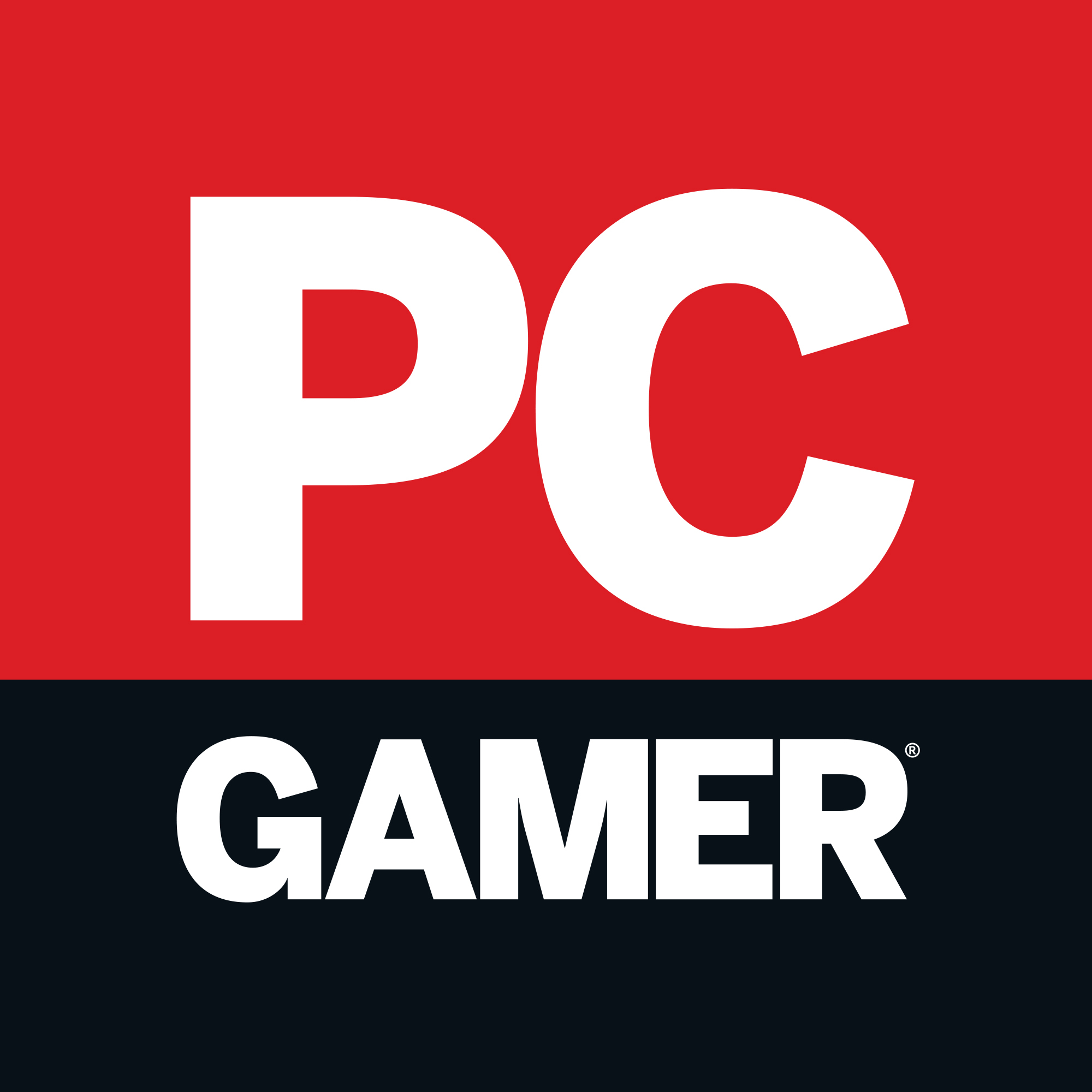
Microsoft has donned its bib again and is getting ready to gobble up another publisher. After officially swallowing up ZeniMax Media in 2021, it's now unhinging its jaw again, this time for Activision. Oh boy.
Scoring ZeniMax and Bethesda was a pretty big win for Microsoft, but acquisitions don't get much bigger than this. There's the price tag—$68.7 billion—of course, but also the sheer number of huge games and series, in particular Call of Duty and World of Warcraft. Expect to see a lot of new stuff appearing on Game Pass in the near future.
But how do we feel about Microsoft devouring all the games?
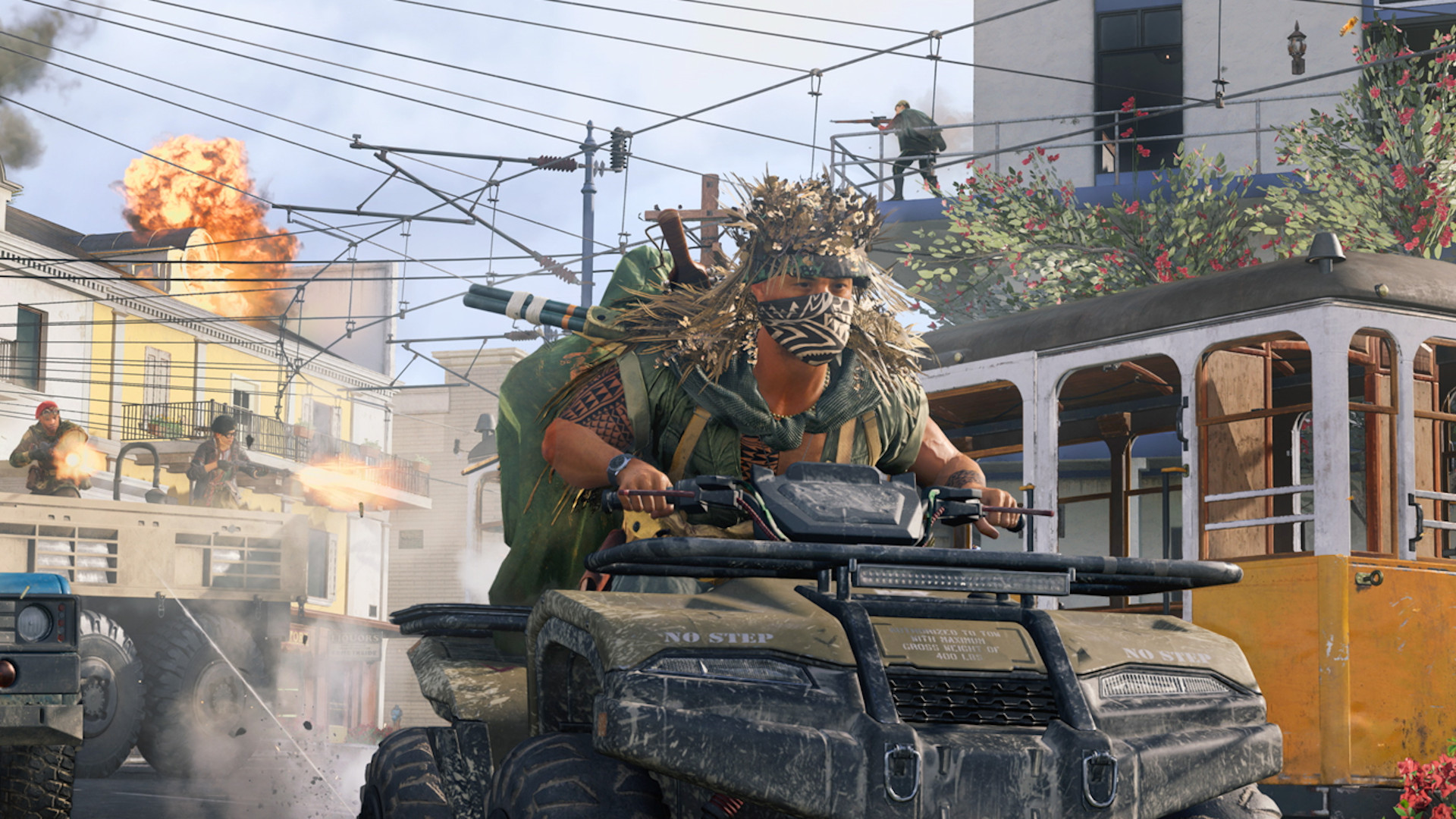
Phil Savage, UK Editor-in-Chief: A lot of people are contextualising this action in terms of what it means for Microsoft's perpetual console battle with Sony. But I'm not sure Microsoft is really even thinking about PlayStation at this point. Nothing about its strategy feels like it's designed around two mini-PCs battling to live under your TV. Xbox, the device, is important to it, sure, but not as much as Xbox, the ecosystem, encompassing Game Pass and a growing army of publishers and developers to become a centrepiece of gaming across many devices.
Microsoft is continuing its transition into gaming's Disney, and I think more broadly its biggest competitor is less Sony specifically, but the other top publicly traded gaming corporations generally. Tencent continues to expand and acquire—with major stakes in many Western publishers. It outright owns Riot, which sees itself as the new Blizzard. How do you compete with that? Buy the old Blizzard.
Microsoft is continuing its transition into gaming's Disney.
It's likely a good move for Activision Blizzard—there's a big PR win for Microsoft in shuffling out the publisher's old, tainted leadership team. What this means for the staff dealing with Activision's much reported toxic culture is anyone's guess, but hopefully there will be genuine improvements. On a broader level, though, I just don't see how this continued push to consolidate media brands into a handful of all-powerful multinationals will ever be beneficial to customers. Sure, Game Pass will be an even better deal in the short term. But in the long term I worry about what this all means.
Fraser Brown, Online Editor: After last year's revelations about Activision Blizzard, I think it would be hard for anyone to foster a shittier culture, and as big publishers go Microsoft seems to be one of the less problematic ones. At least for now. Head of Xbox Phil Spencer in particular always seems to say the right things, like when he expressed concerns about NFTs while others—I'm looking at you, Ubisoft—embraced them despite how obviously awful they are. But Spencer is just one guy, and he'll eventually leave.
The biggest gaming news, reviews and hardware deals
Keep up to date with the most important stories and the best deals, as picked by the PC Gamer team.
I'm much more concerned about homogenisation. As more of the biggest games on the planet get placed under Microsoft's umbrella, from The Elder Scrolls to World of Warcraft, it gives Microsoft an unprecedented level of influence over our hobby. If Spencer leaves or changes his mind about NFTs, what would stop them from infiltrating all of these games? And the same goes for any shitty initiatives that a bunch of execs come up with.
And where does this leave PlayStation owners? We already know Microsoft is more than happy to make big multiplatform games Xbox exclusives. I can't help but feel like we're watching the birth of a monopoly that will ultimately make gaming worse not just for the Sony diehards left out in the cold, but for all of us.
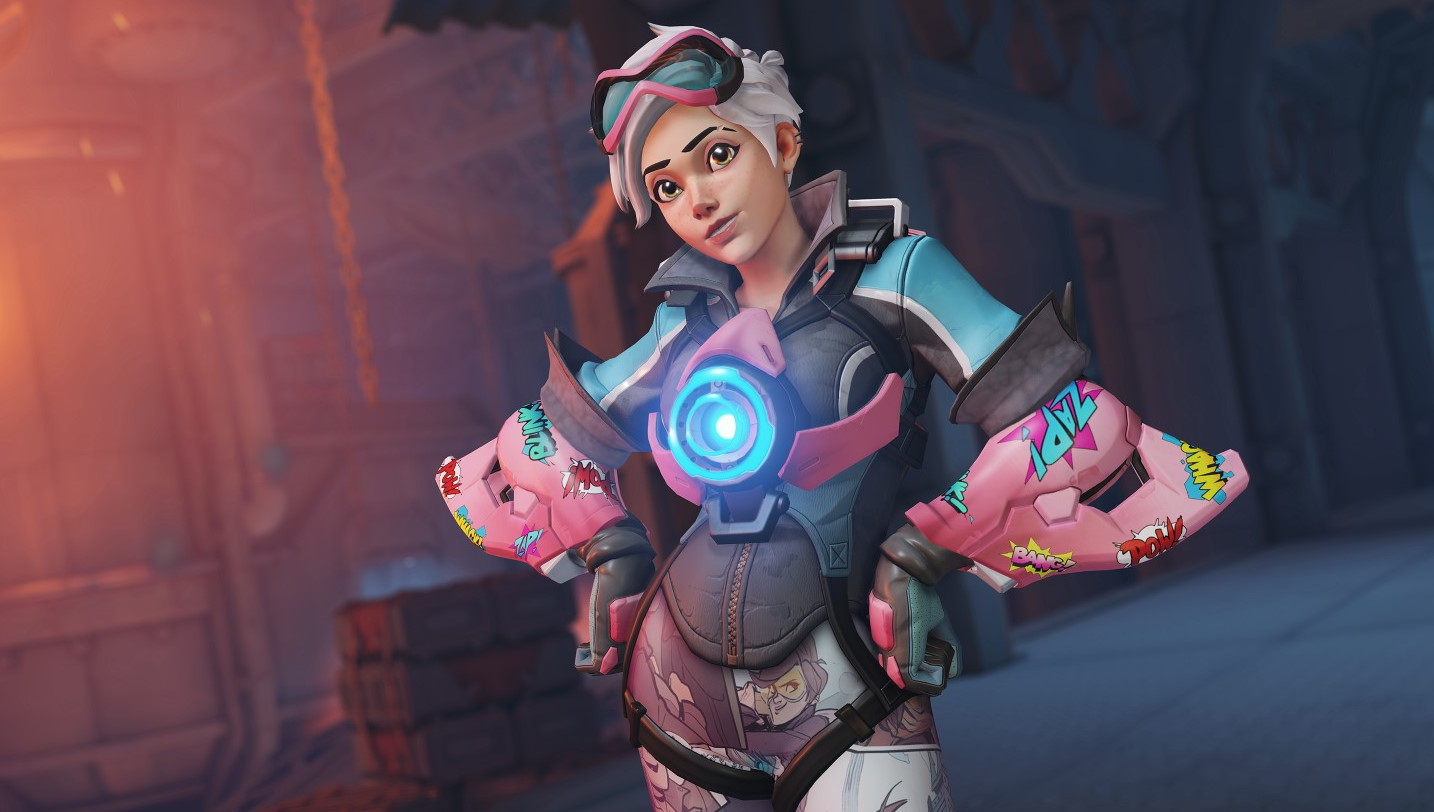
Lauren Aitken, Deputy Guides Editor: If you sit quietly and listen hard enough, you can hear thousands of Call of Duty PlayStation mains screaming and throwing their controllers at TVs. Wee guys screaming at their mums that they can't play CoD anymore because it's an Xbox exclusive and Santa's already been. He brought you that PS5 you wanted, you're no getting an Xbox, ya wee shite.
I think it's quite funny, but I worry that Kotick is just going to fuck off with a big suitcase full of cash, leaving a wealth of problems in his wake.
Lauren Morton, Associate Editor: Not to be left behind, Microsoft will also make a Smash Bros-like character brawler as a flanking move in the great IP wars. B.J. Blazkowicz and Master Chief and Tracer are all going to punch each other in the face with their ult moves. Your best pal is still going to be a Cole Cassidy main, but now they love playing with items on so they can edge guard you with an energy sword. How's that for homogenization?
Nat Clayton, Features Producer: Tracer Overwatch is a Microsoft princess now and Master Chief is her dad.
More seriously, the obvious concern is that not two months ago Microsoft said it was "reevaluating" its relationship with Activision in the wake of the publisher's rampant abuse allegations. Given that these acquisitions don't happen overnight, it's now clear that reevaluation likely meant "is planning to buy". Kotick's future at the company is uncertain, though he'll remain head of ABK until the merger is completed sometime next year, and the best we can hope for is that he'll be shuffled off at great personal gain during the handover process.
What does this mean, then, for ABK's burgeoning unionisation effort? That's also hard to say. Organiser Jessica Gonzales has blasted the acquisition as nothing more than a "golden parachute" for Kotick—but with ABetterABK making slow and steady progress towards possibly, actually managing to unionise one of the biggest publishers in the industry, here's hoping the movement can capitalise on this moment of seismic transition.
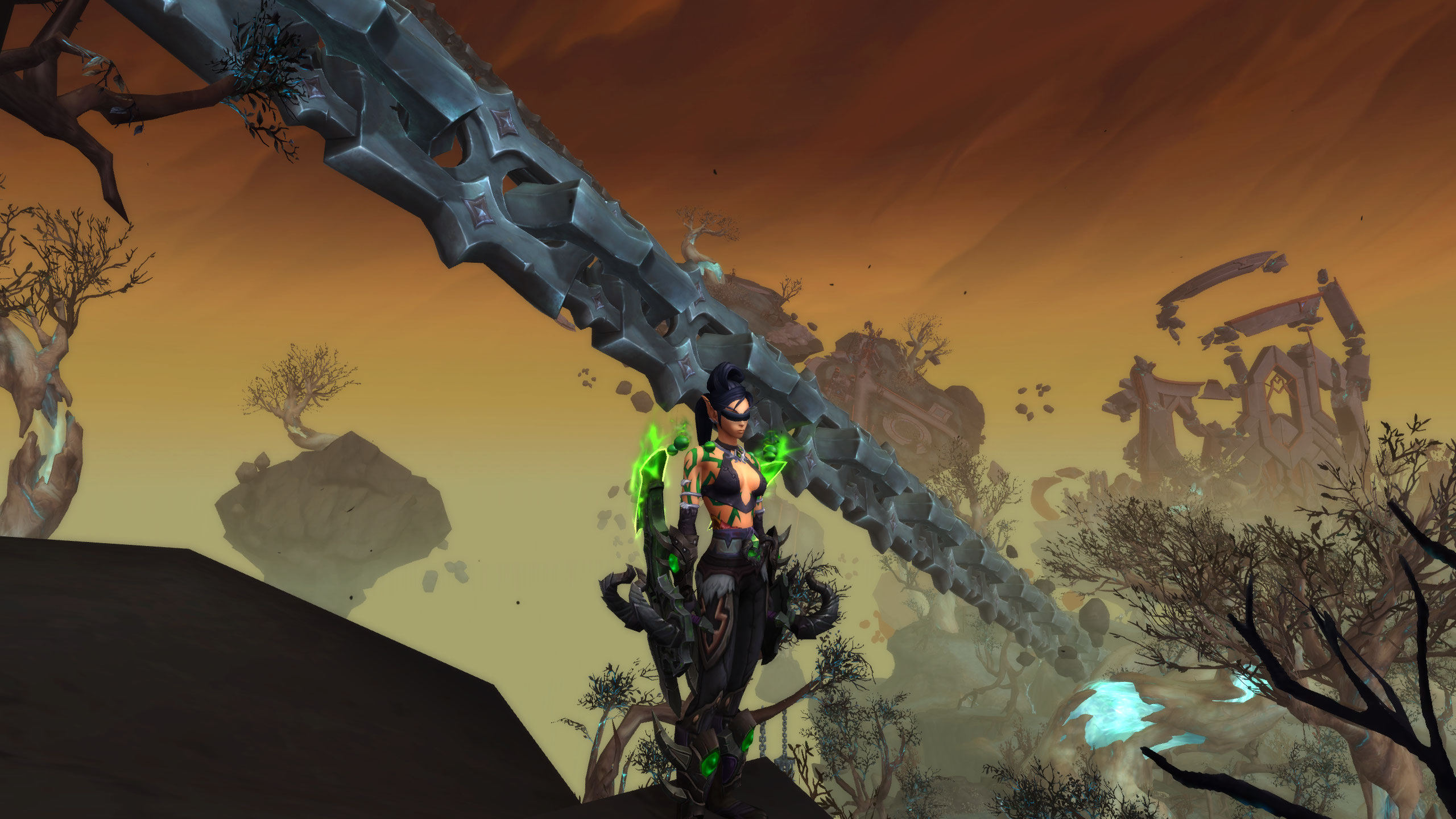
Imogen Mellor, Features Producer: When are we getting a Halo match-three game then? Though it's easy to look at the big central staples of ABK, like Overwatch, Call of Duty, and World of Warcraft, we can't forget King. Because while we're all focused on the PC side of things—we're called PC Gamer for a reason—King is also making its own moves in the mobile space. What does that mean for Xbox games and IPs making a clean jump to mobile? Call of Duty is on mobile, why not Halo too?
Tim Clark, Brand Director: There are many startling things about this deal, from the eye-watering price to the fact it appears to have got done without any hint leaking. As to what Microsoft actually wants from the acquisition, beyond a blunt force more-is-more approach to global domination, I think the answer is twofold.
1) Microsoft has long had a problem with the depth of its roster of first-party studios and IP, as shown by the also not exactly cheap purchase of Bethesda. Buying Activision Blizzard now gives you the world's most iconic MMORPG, a troubled but no doubt still huge hero shooter, and the behemoth that is CoD/Warzone. And that's before you even get into stuff like the next Diablo or the license to print money that is Hearthstone. Significantly, these are pretty much all genres where Microsoft currently has little footprint. Literally overnight they now own many of the biggest games in those spaces, and in the case of the console stuff, will presumably go on to deny access to their competitors.
The stars only align very occasionally for one of the truly big beasts to eat another, and for Microsoft the opportunity may just have been too good to miss.
2) Now is probably the only time Activision Blizzard's price has been within striking distance for Microsoft. For that it can thank a combination of the legal battering Activision Blizzard is taking over its corporate culture, and the comparatively shaky ground WoW and Overwatch have been on recently. It sounds crazy to say given the gargantuan amount of money involved, but this feels like a relatively opportunistic deal. The stars only align very occasionally for one of the truly big beasts to eat another, and for Microsoft the opportunity may just have been too good to miss.
As to what it means for us, all we can really go off so far is Microsoft's stewardship of Bethesda, which feels like it's in 'so far, so good' territory, albeit without any major releases to judge the partnership on beyond Deathloop. Imogen's point about mobile is also well made—the analyst Daniel Ahmad also sees that as a major selling point - and should not be overlooked when considering Microsoft's motivation.
Evan Lahti, Global Editor-in-Chief: What happens with Battle.net longterm out of this acquisition? Xbox's current policy is to put its PC games on Steam. But in acquiring Blizzard and Battle.net, will Battle.net become the exclusive platform for Xbox's PC editions, and therefore a greater competitor to Steam and Epic? Not hard to imagine Battle.net becoming a gateway for PC Game Pass, as one Activision Blizzard employee theorized to me on Twitter today.
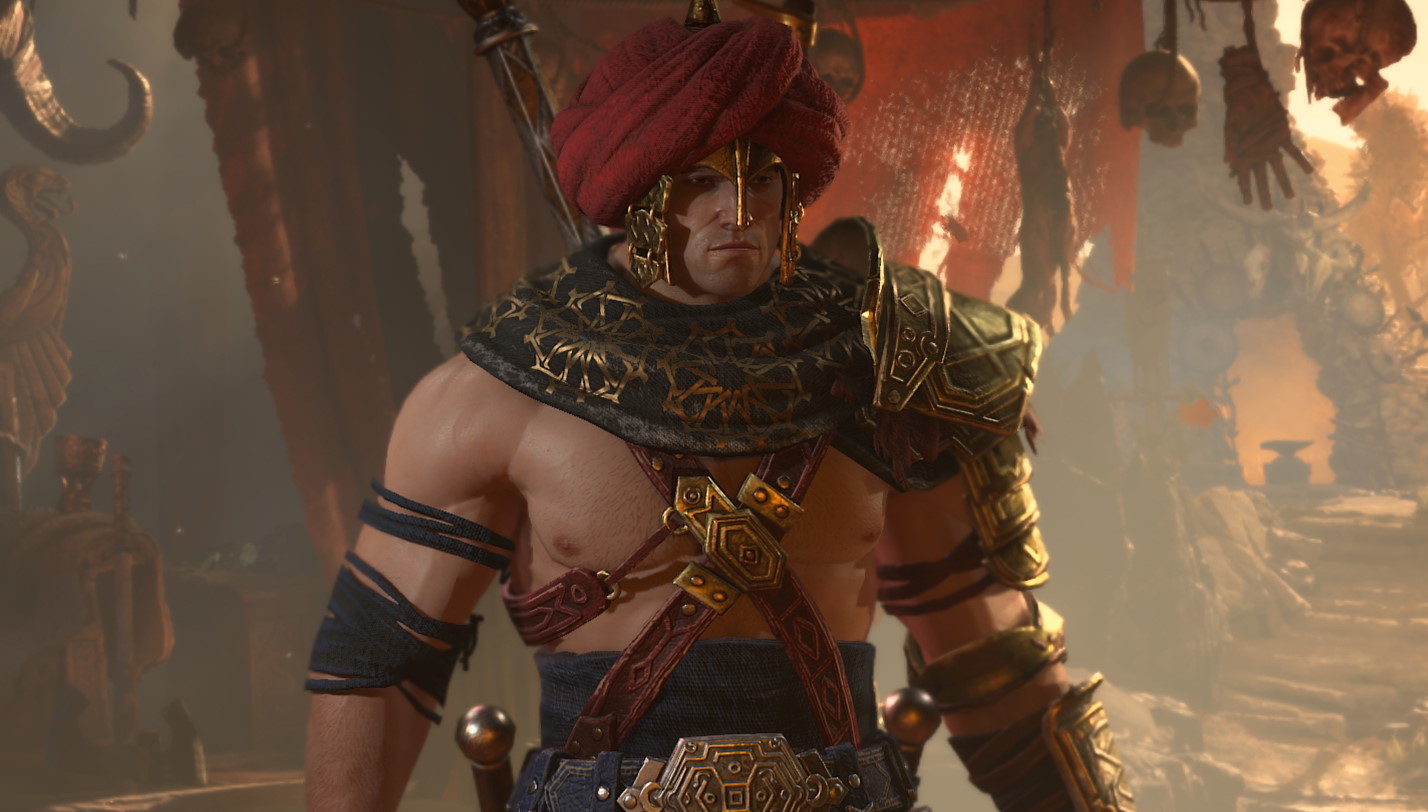
Sarah James, Guides Writer: I'm still pretty shocked, if I'm honest. Aside from the fear of Microsoft seemingly trying to take over the world games industry, it's probably the best move that Acti-Blizz can make right now. I guess I'm just worried how it's going to affect games like World of Warcraft and Diablo—if it does at all. The reputation of Blizzard as a paragon in the industry was destroyed last year with the lawsuit, but I hope that this acquisition somehow manages to hang on to the best bits while cutting away the bad.
Jacob Ridley, Senior Hardware editor: Activision Blizzard may be in safer hands than its own with Microsoft taking over, but it was tough not to be knowing Activision Blizzard's recent history. That said, an acquisition like this appears to me as one that will place more power into the hands of Microsoft and take power away from the consumer.
You want to play Call of Duty? Perhaps you'll need an Xbox, or a Windows PC.
You want to play Call of Duty? Perhaps you'll need an Xbox, or a Windows PC. The consumer has the ability to weigh up the options—Xbox, PS5, PC, or whatever else—stripped from them. I think that's a sad fact about these bank-breaking acquisitions of major publishers as of late: while we're celebrating first-party games like God of War coming to PC, acquisitions like these often lead to limiting gaming experiences for many more.
If you just bought a PS5 recently, you might be pissed you're missing out on Bethesda games you had thought would arrive on your console of choice. Though if the next, next, next Call of Duty is Xbox-only and that's your main go-to game, you've just been ushered into buying a new Xbox courtesy of Microsoft's $70B purchase.
We don't know if that's the case yet—though Microsoft's Bethesda purchase has set a precedent for exclusivity. If you're Microsoft, or Sony for that matter, exclusivity is simply good business.
That's the cutthroat world of exclusives and acquisitions, I suppose. And I realise I'm shouting about the same issue that gaming has faced for years. We'll never reach gaming nirvana: where exclusives are a thing of the past and hardware is widespread and many. Exclusives sell consoles, and sadly that means we're probably always destined to buy multiple gaming systems or miss out on some of the best games ever made.
It just stings more when it comes to games that have been cross-platform for so long—that often feels like pulling the rug out from under fans. At least we may see some old IPs have life breathed back into them as a result of new funding from MS. Perhaps that's a big win for you, Little Computer People fan.
The collective PC Gamer editorial team worked together to write this article. PC Gamer is the global authority on PC games—starting in 1993 with the magazine, and then in 2010 with this website you're currently reading. We have writers across the US, UK and Australia, who you can read about here.
